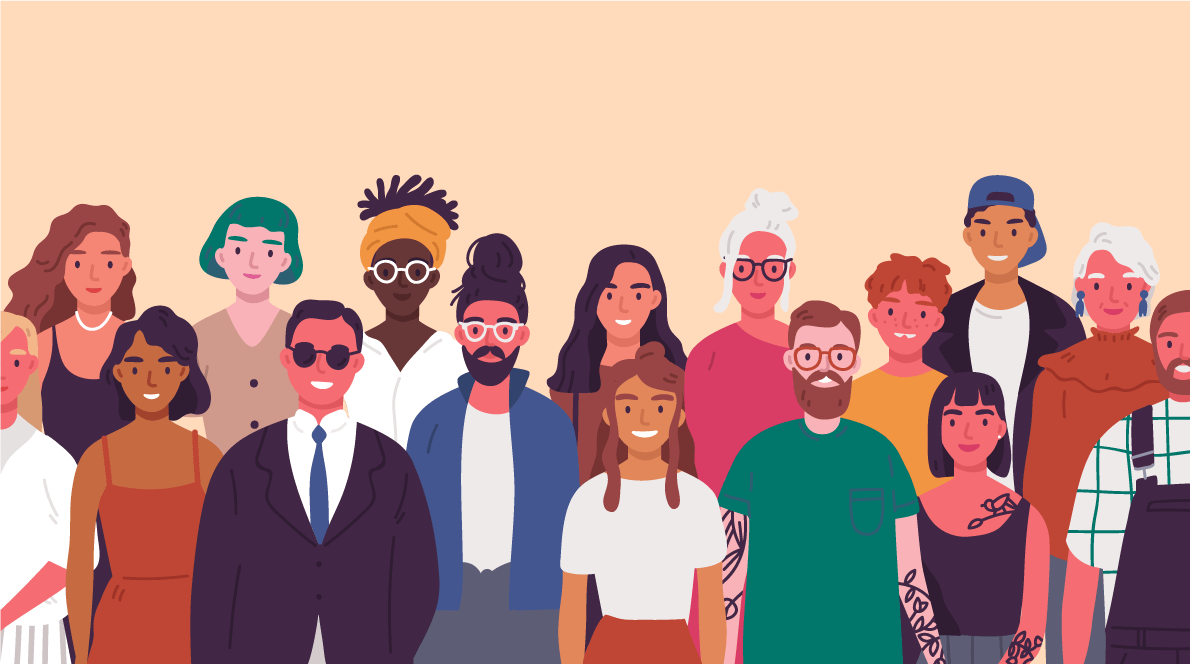In other words, children in Provo, Utah, and Boise, Idaho, have access to comparatively equal opportunities,
換句話說,猶他州的普羅沃和愛達(dá)荷州的博伊西兩座城市的兒童機(jī)會是相對比較均等的,
regardless of which neighborhoods they live in—but those cities are more than 80% white.
無論是這兩座城市的哪個社區(qū)——問題是,這些城市80%以上的人口都是白人。
Meanwhile, many of the more diverse metro areas in the U.S.,
相比之下,不少種族多樣化的大都會地區(qū),
especially cities with large black populations, have enormous opportunity gaps;
尤其是黑人人口眾多的城市,兒童機(jī)會差距就存在巨大的鴻溝;
the few diverse cities with small gaps tend to have low opportunity scores overall.
種族不太多樣化,機(jī)會差距較小的城市總體的兒童機(jī)會得分往往都比較低。
"It's hard to find a place that is equitable and racially diverse," says Acevedo-Garcia.
“你很難找到一個既機(jī)會公平,又種族多元的地方,”Acevedo-Garcia說。
In all 100 metro areas in Acevedo-Garcia's study combined,
在Acevedo-Garcia研究的所有100個大都市區(qū)中,
white children live in neighborhoods with a median score of 73,
白人兒童生活的社區(qū)兒童機(jī)會得分中值為73分,
compared with neighborhood scores of 72 for Asian children,
亞洲兒童生活的社區(qū)得分中值為72分,
33 for Hispanic children and 24 for black children.
西班牙裔兒童生活的社區(qū)得分中值為33分,黑人兒童24分。
Black and Hispanic kids live with less opportunity than their white and Asian peers almost without exception—
黑人兒童和西班牙裔兒童可獲得的機(jī)會幾乎無一例外地都比他們的白人和亞洲同齡人少——
even in Bakersfield, Calif., where white kids have the lowest opportunity in the U.S.
即便是白人兒童機(jī)會水平占整個美國最低水平的加州貝克爾斯菲爾德地區(qū)也不例外。

The disparities are especially wide in certain parts of the country.
某些地區(qū)的差距格外明顯。
Milwaukee and its surrounding area has the widest racial disparity in the U.S.,
密爾沃基及周邊地區(qū)就堪稱是全美種族機(jī)會差異最大的地區(qū),
despite having a high overall opportunity score.
盡管該地區(qū)總體機(jī)會得分處于較高水平。
A white child there lives in a neighborhood with a median opportunity score of 85.
該地區(qū)白人兒童生活的社區(qū)機(jī)會得分中值為85分。
For a black child, the median neighborhood score is 6.
黑人兒童生活的社區(qū)機(jī)會得分中值卻只有6分。
This situation is frustrating to advocates,
對主張機(jī)會平等的人士而言,這樣的情形難免令人泄氣,
especially when high-ranking neighborhoods don't share resources like schools and housing with low-ranking ones that are right next door.
特別是有些得分高的社區(qū)連學(xué)校和住房這種資源都不愿意與一衣帶水的低得分社區(qū)共享。
But while the most equal place in the U.S. does not exist yet, the pursuit to get there is well under way.
不過,盡管目前美國還沒有出現(xiàn)最平等的地區(qū),朝著這一目標(biāo)前進(jìn)的努力已經(jīng)如火如荼。
"We look at the high number to say you can do well here,.
“我們看著那些高分?jǐn)?shù)字,是為了告訴大家在這方面你可以做得更好,
and many children are enjoying that success," Acevedo-Garcia says.
許多孩子都已經(jīng)享受到這一努力的紅利了,”Acevedo-Garcia說。
"Don't tell me it's not possible for all kids to reach that potential."
“別跟我說什么不可能所有的孩子都能看到平等的那一天。”
譯文由可可原創(chuàng),僅供學(xué)習(xí)交流使用,未經(jīng)許可請勿轉(zhuǎn)載。











